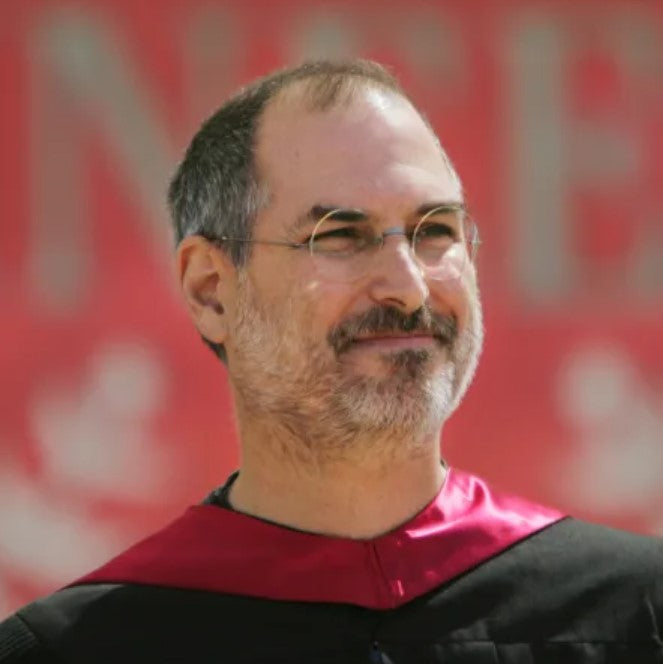Graduation speeches are a time-honored tradition, representing a milestone in academic achievements. Whether you're a student, teacher, or notable guest, delivering a memorable graduation speech is an opportunity to inspire and leave a lasting impression on your audience. Crafting and delivering a speech that resonates involves careful preparation, a clear message, and engaging delivery. Here’s a comprehensive guide to help you write and deliver a graduation speech that will be remembered for years to come.
1. Understanding the Audience and Occasion
Before you start writing your speech, it's crucial to understand the context and the audience. Graduation ceremonies typically include students, parents, faculty, and sometimes a broader community. The tone should be celebratory yet reflective, recognizing the achievements of the graduates while also acknowledging the journey ahead.
2. Crafting Your Message
The core of your speech should revolve around a central theme or message. This could be about perseverance, the importance of education, embracing change, or looking forward to future opportunities. Here are some steps to define your message:
- Reflect on Your Own Experiences: Think about your personal journey and what lessons you've learned. Relating your experiences can provide authenticity to your speech.
- Identify Key Points: Outline the main points you want to cover. This could include thanking teachers and parents, celebrating achievements, and offering advice for the future.
- Incorporate Quotes and Anecdotes: Use relevant quotes from famous personalities or share anecdotes that reinforce your message. These can add depth and relatability to your speech.
3. Structuring Your Speech
A well-structured speech ensures clarity and engagement. Here’s a basic structure to follow:
- Introduction: Start with a greeting and introduce yourself if necessary. Capture the audience’s attention with a compelling opening, such as a quote, question, or surprising fact.
- Body: This is where you delve into your main points. Use personal stories, historical examples, or notable quotes to illustrate your message. Ensure smooth transitions between different sections.
- Conclusion: Summarize your key points and end with a strong, memorable closing. This could be a call to action, a final piece of advice, or an inspirational quote.
4. Writing Tips
Here are some practical tips to help you write a compelling speech:
- Be Concise: Graduation speeches typically last between 5 to 10 minutes. Be concise and stay focused on your main message.
- Use Simple Language: Avoid jargon or overly complex language. Your speech should be accessible to all audience members.
- Add Humor: Light humor can make your speech more engaging. However, ensure it’s appropriate and respectful.
- Practice Emotional Appeal: Touching on emotions can make your speech more impactful. Share personal stories or experiences that evoke empathy and connection.
5. Delivering Your Speech
Writing a great speech is only half the battle; delivering it effectively is equally important. Here are some tips for a confident delivery:
- Practice: Rehearse your speech multiple times. Practice in front of a mirror, record yourself, or present it to friends and family to get feedback.
- Manage Nervousness: It’s normal to feel nervous. Techniques like deep breathing, positive visualization, and focusing on friendly faces in the audience can help calm nerves.
- Maintain Eye Contact: Engage with your audience by maintaining eye contact. This helps build a connection and keeps the audience interested.
- Use Gestures and Movement: Appropriate gestures and movement can emphasize points and keep the audience engaged. Avoid standing stiffly or moving excessively.
- Pace and Tone: Vary your pace and tone to maintain interest. Pausing at key moments can also add emphasis and allow the audience to absorb your message.
6. Examples of Memorable Graduation Speeches
Learning from others can provide inspiration and insight into what makes a speech memorable. Here are a few examples:
- Steve Jobs (Stanford, 2005): Jobs’ speech is often cited for its simplicity, heartfelt stories, and profound life lessons. His “connecting the dots” story is particularly memorable.
- J.K. Rowling (Harvard, 2008): Rowling’s speech is celebrated for its humor, honesty, and the powerful message about the benefits of failure and the importance of imagination.
- Oprah Winfrey (Harvard, 2013): Winfrey’s speech combines personal anecdotes with universal advice on success, resilience, and finding purpose.
7. Final Tips
- Stay Authentic: Authenticity resonates with audiences. Be yourself and speak from the heart.
- Involve the Audience: Engage the audience by asking rhetorical questions or encouraging them to reflect on their own experiences.
- End on a High Note: Leave your audience with a lasting impression. A strong closing line or a powerful call to action can make your speech unforgettable.
Conclusion
Writing and delivering a memorable graduation speech requires thoughtful preparation, a clear message, and engaging delivery. By understanding your audience, crafting a compelling message, and practicing your delivery, you can create a speech that not only celebrates the graduates’ achievements but also inspires them for the future. Remember, the most impactful speeches are those that are authentic, heartfelt, and resonate on a personal level. Good luck, and may your words leave a lasting legacy.


